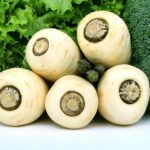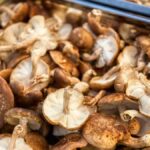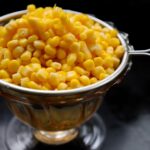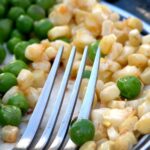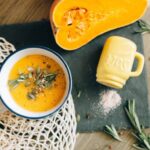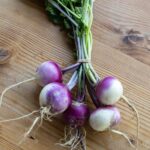Yes, dogs can eat butternut squash. Butternut squash is very healthy for your dog and can be a great snack to add to their diet. The winter vegetable contains four-fifths water and is excellent hydration support.
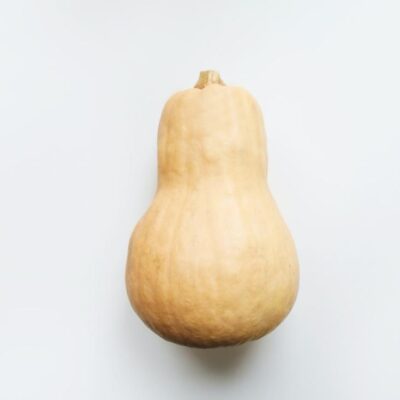
Safe: This food is generally considered safe by the veterinary community. Dogs can eat this food sometimes or in small amounts but contains little to no nutritional value.
| Food Safety | Safe in moderation |
|---|---|
| Nutritional Value | Vitamins A and C, vitamin B6, high fiber, calcium |
| Potential Risks | Choking hazard |
How to Feed Your Dog Butternut Squash?
You can incorporate butternut squash into your doggy’s diet in different ways. You can mash the vegetable and mix them up with your dog’s regular food. Butternut squash has multiple health benefits for humans, and can be a good way to provide your dog a well-balanced meal.
You can also boil or bake butternut squash until they are soft and serve them in small pieces. Butternut squash can be hard to chew and digest in large pieces. Hence, you cooking it before serving is a good idea.
How Much Butternut Squash Can Your Dog Eat?
Let’s say you are feeding them a puree. For a small dog, one or two teaspoons are enough. If your dog is large, give them one or two tablespoons of butternut squash. Butternut squash is safe to eat as long as it is in moderation. Overfeeding your dog can affect their health in the long term.
Remember to test new food for allergies before making it a part of your dog’s diet.
Frequently Asked Questions
-
Raw butternut squash can be hard to chew and swallow. It is also difficult to digest. So, cook or puree the vegetable before giving it to your doggy.
-
If your dog has eaten a lot of butternut squash and is visibly in pain and distress, contact your vet and follow their guidelines to treat your dog.
